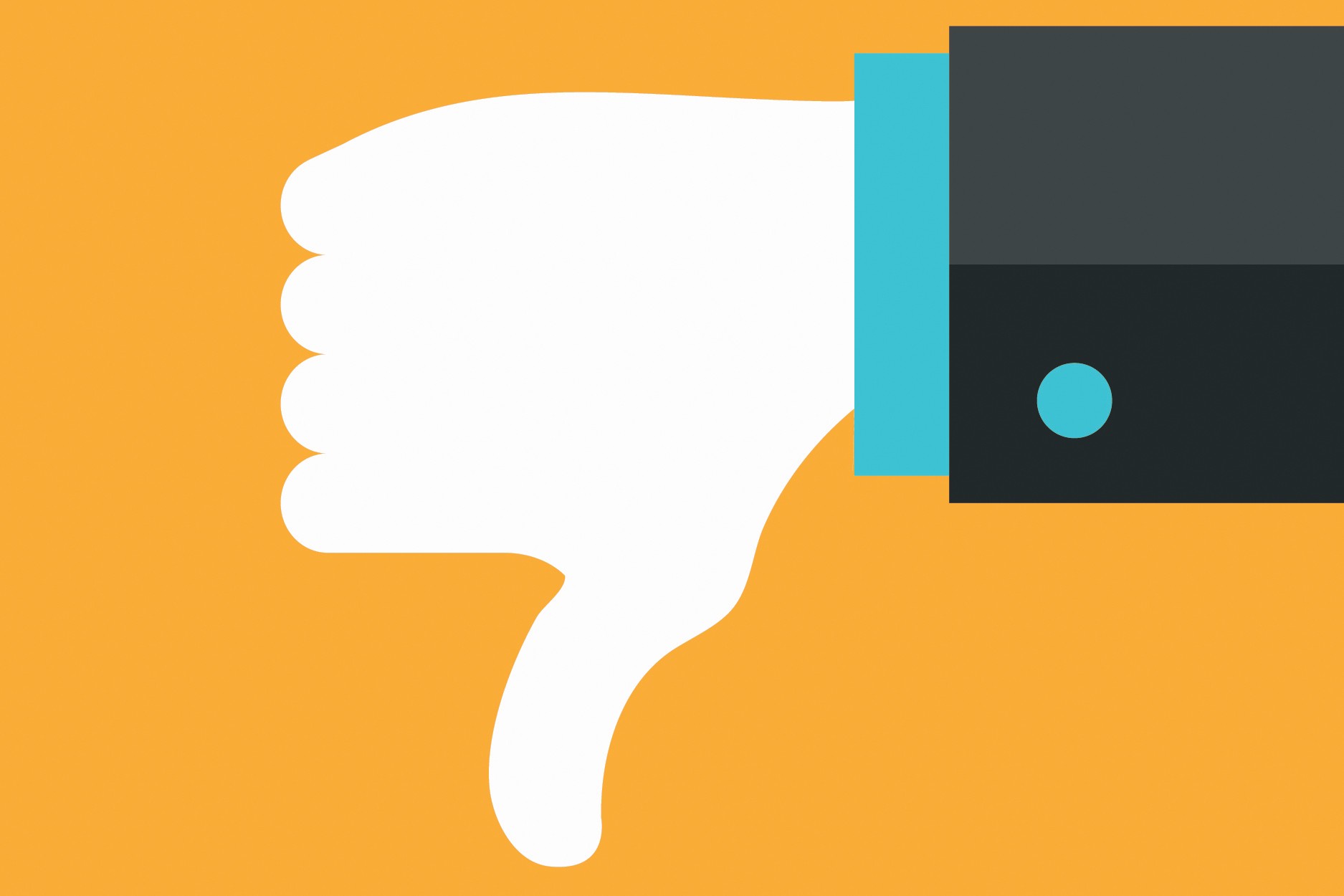by Cynthia Gray
Vol. 100 No. 2 (2016) | A Judge in Public Life | Download PDF Version of Article
At the end of 2015, two states became the first jurisdictions to add explicit references to social media to their codes of judicial conduct. In a new code effective Dec. 1, 2015, the West Virginia Supreme Court of Appeals included comment 6 to Rule 3.1 of the Code of Judicial Conduct, stating: “The same Rules of the Code of Judicial Conduct that govern a judicial officer’s ability to socialize and communicate in person, on paper, or over the telephone also apply to the Internet and social networking sites like Facebook.” Effective Dec. 31, 2015, the New Mexico Supreme Court added to its Code of Judicial Conduct, in section B of the preamble, this statement: “Judges and judicial candidates are also encouraged to pay extra attention to issues surrounding emerging technology, including those regarding social media, and are urged to exercise extreme caution in its use so as not to violate the Code.”
These admonitions may seem to state the obvious, but the number of judges who have gotten in trouble for careless conduct on Facebook suggests that emphasis is necessary. The first public case was in 2009, the next was in 2013, but there have been at least ten public cases since, not counting private discipline. All advisory opinions that have addressed the issue have approved judicial participation on social media, but all also have added numerous caveats and advised constant vigilance.
For example, judicial ethics advisory committees have stressed that a judge should “be familiar with the social networking site policies and privacy controls.”1 A Minnesota judge learned that lesson recently when his comments on his Facebook page about cases to which he was assigned as a senior judge came to the attention of the county attorney, the defendant, other judges, and the chief judge, resulting in a new trial in one case, his recusal in a second case, and, eventually, a public reprimand (and numerous news media stories nationwide).2 The judge explained that he had only been on Facebook for two years, was unaware of Facebook privacy settings, and had believed that his posts could be viewed only by approximately eighty family members, friends, and members of his church, when, in fact, the public could read them.
Even if a judge keeps up with privacy policies, she should probably assume everything she says and does on a social network can become public. Many sites allow the judge’s friends to share information outside what she may have thought was a closed circle, either indiscreetly because the friend may not understand the limits on a judge’s conduct or even maliciously if the judge has misjudged an acquaintance. As the New Mexico committee noted, “communications that may seem to be limited in scope to the named participants are available to others, or may be re-transmitted, often without specific knowledge of at least one of the original participants.”3
Whom to “friend” on Facebook (or the equivalent on other social media) has divided judicial ethics advisory committees. Seven committees (in Kentucky, Maryland, New Mexico, New York, Ohio, and Utah and for federal judges) have advised that a judge may “friend” an attorney who is likely to appear before the judge, recognizing “the different, nontraditional meaning of ‘friend’ on a social media site, as well as the fact that even a judge’s professional or social friends may not be in a position to influence a judge.”4 Four committees (from Connecticut, Florida, Massachusetts, and Oklahoma) have advised that a judge may not friend an attorney who is likely to appear before the judge, emphasizing that “even the most casual of Facebook friends may . . . acquire personal information about the judge (e.g., celebration of a family event, a vacation destination) that could be used to convey the impression that the Facebook friend has special knowledge about and access to the judge.”5
Most authorities so far suggest that a judge is not necessarily disqualified when an attorney with whom the judge has a social media connection appears but that disclosure and a weighing of factors are required to decide whether the judge’s impartiality might reasonably be questioned. For example, the Utah advisory committee answered “maybe” to the question, explaining that “being ‘friends’ is one factor to consider when deciding whether recusal is necessary” and noting that recusal is more likely to be required if the judge and lawyer frequently interact on Facebook.6
The next area of debate about judges’ participation in social media may be abuse of the prestige of office, which so far has received little discussion. As a judge cannot allow his dry cleaners to hang a picture of the judge in his robes on their premises, may a judge “like” his dry cleaners on Facebook? The Utah committee advised that a “judge may ‘like’ events, companies, institutions, etc. on Facebook” but “should not use his or her title when posting something such as a restaurant review because that may create the appearance that the judge is using the prestige of the judicial office to advance the interests of a for-profit entity.”7 Similarly, the New Mexico committee recently noted that, “With Yelp, a judge may be inadvertently advancing the economic interests of a restaurant upon giving his or her review. Judges must be mindful of these activities and not make any statements or comments that would violate Rule 21-103 or any other provision of the Code.”8 The answer may depend on whether a judge’s Facebook presence emphasizes her professional profile or her personal contacts.